Observation and reflective forum model
The Mulberry Bush Observation and Reflective Forum model is designed for schools and other settings who are struggling to find a way forward with individual children.
They may be displaying behaviour which feels challenging, finding learning difficult, disrupting learning of others and may even be at risk of exclusion. The model is informed by our experience at The Mulberry Bush School of working with children who have experienced trauma and the emotional impact this can have on staff working alongside them.
What is the Observation and Reflective Forum model?
We know from research (Earl and Timperley, 20081) that collaborative enquiry (e.g. in a network setting) consistently delivers improvements in learning outcomes for students as well as supporting teachers. Our model is rooted in understanding behaviour as communication, reflective practice approaches and developing collaborative working. Our approach helps staff to understand what children may be communicating about their emotional needs through their behaviour, and how to use that understanding to develop helpful ways to respond.
We will carry out an observation, which will be written up. A reflective forum for staff, led by a member of our team, will be held at a later date. The reflective forum creates a safe, collaborative space in which each participant can have a voice and speak openly and honestly about their experience of working with the child and the associated feelings. The ‘six stages of crisis’ structure will be used to support discussion and record possible responses and ideas. The process leads to a shared understanding of the child’s needs, and helps develop school-wide, consistent approaches.
Reference:
1 Earl et al., 2008. Professional Learning Conversations: Challenges in Using Evidence for Improvement edited by Lorna M. Earl, Helen Timperley., Dordrecht: Springer.
How to book
For more details please contact Angela Brown on 01865 594700 or email [email protected]
